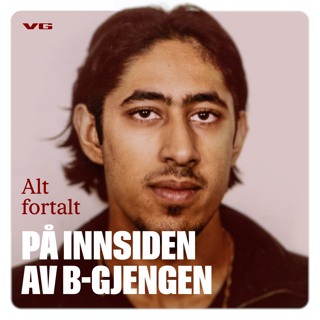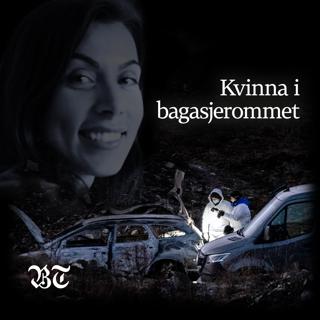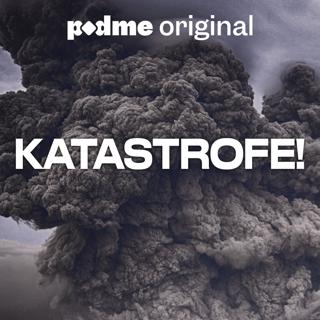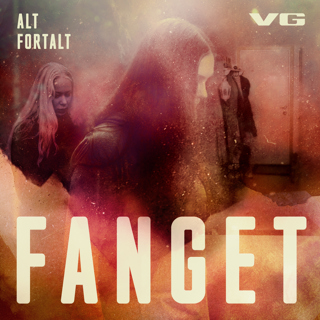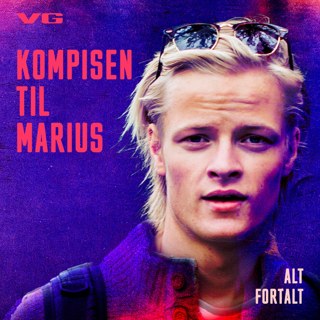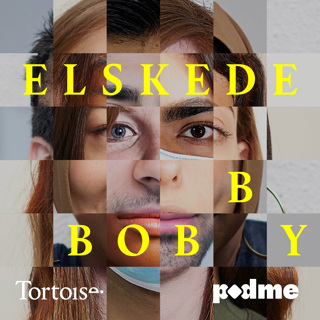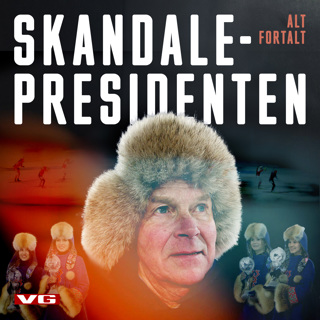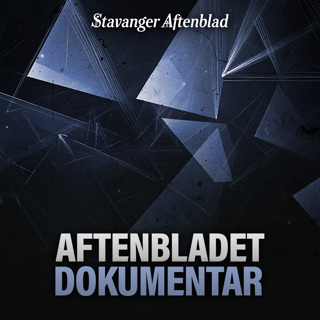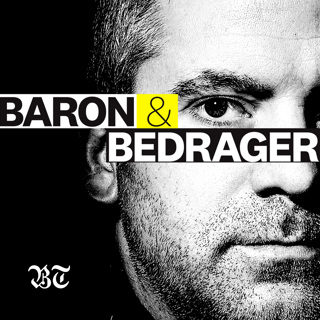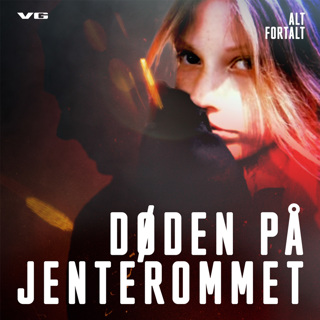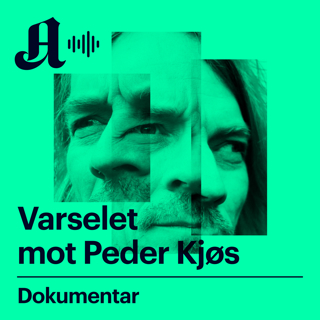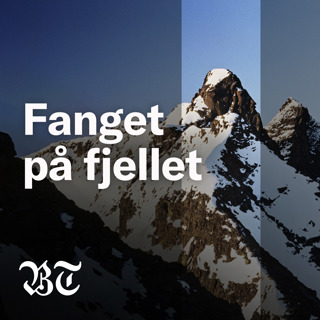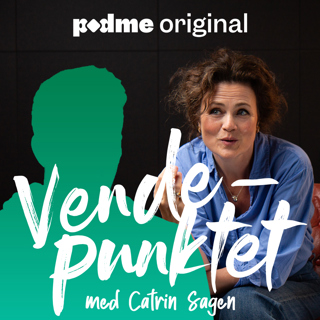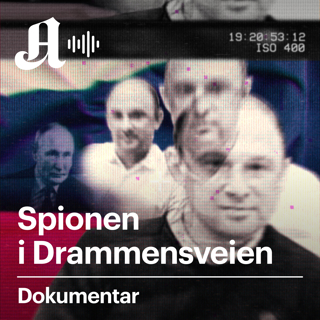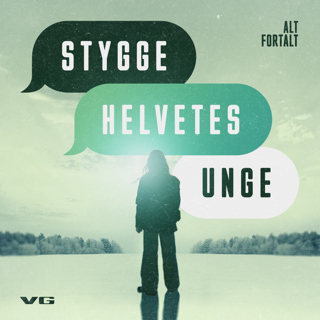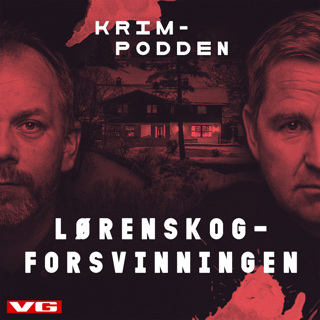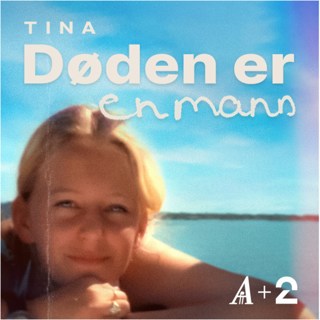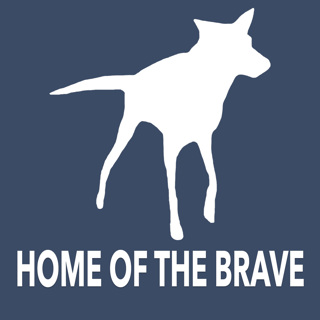
Anti-War Stories: Elliott Woods
Elliott Woods as a soldier in Iraq, 2004 Today I have a conversation with Elliott Woods, a veteran who is also a very fine writer. He served a year as a combat engineer in northern Iraq. Then he came home and went to school at the University of Virginia, graduating with a degree in English literature. He thought about staying in school and becoming a professor, but he decided he wanted to go back to war, this time as a journalist.Check out Elliott’s website. Donate Elliott Woods as a journalist in Afghanistan, 2009 Elliott Woods at Mammoth Hot Springs, Wyoming, 2019
12 Feb 20200s

Anti-War Stories: Garett Reppenhagen
Garett Reppenhagen in Iraq, 2004 I believe that sometime in the future, sooner or later, people in the United States will admit and accept that we have lost the wars in Afghanistan and Iraq and demand that our troops be brought back home. Now we are in denial, which is dangerous because when you’re in denial you keep making the same mistake over and over again. I believe we need to talk about what we’ve done, the mistakes we’ve made, the crimes we’ve committed in order to move from denial to acceptance and then figure out how to change the way we respond to terrorism. This interview is the first in a series with veterans who fought in our wars and now are working for peace. Here’s a link to Veterans for Peace. Donate Garett Reppenhagen, 2008
2 Feb 20200s

Interview in Amsterdam
Last spring I was invited to speak at the Oorzaken Audio Festival in Amsterdam. I remember seeing leaves come out on the trees along the canals and tulips blooming on the bridges. The first night I was there i was interviewed on stage at the Torpedo Theater by the hosts of the Podcastclub, a Dutch podcast hosted by Lieven Heeremans and Misha Melita. This time I’m the one answering the questions. Donate
17 Jan 20200s

The Wordshaker
His real name is Alissandru Francesco Caldiero, born into the old world on the island of Sicily, he came to the U.S. on a boat when he was nine years old, sailing past the Statue of Liberty. When I first met him, nearly 30 years later, he was screaming a Dada poem at a sandstone wall in southern Utah—repeating the same line, “This is not it,” over and over, faster and faster in a near epileptic seizure. In that moment our lives became intertwined.I think of this story as a song, a lament for not fitting in and feeling like you can’t make sense of the world around you, which is how I’ve been feeling lately. The story was originally broadcast on NPR’s Day to Day in 2003, right around the time we went to war in Iraq.To learn more about Alex Caldiero, check out this excellent documentary, The Sonosopher. Photos by Ashley Thalman. Donate
3 Jan 20200s

Re-Play: The Rebel Yell
I’ve been in Armenia teaching a podcasting workshop sponsored by the U.S. State Department. I think it went well, overall, and the students were exceptional. Perhaps I will write about it someday, but not now. I’ve come back to impeachment week before Christmas, a double whammy to go with my jet lag. So I’m going to re-play The Rebel Yell, a story about the 2004 Republican Convention in New York City, first podcast on this program in April of 2015.Music by the Icelandic group Mum (We Have a Map of the Piano, The Land Between Solar Systems, Slow Bicycle) and Kid Rock (All Summer Long). Donate
20 Des 20190s

Encountering the Other, Part Three
My operating hypothesis is that our cultural divide is a function of our oligarchic government. If a relatively few super-rich people control our wealth and power then it would be in their interest to keep the masses angry and blaming each other, fighting amongst themselves. In this way Donald Trump is a tool of the oligarchy, dividing us by twitters—so efficient and profitable and addicting—he incites fear of the other. So, if this is true, the most effective method of fighting oligarchic control might be to give up our fear of the other. I’ve been trying to practice this method by driving around Trump Country and talking to people, listening to people, because I find that listening dissolves fear. Donate
22 Nov 20190s

Encountering the Other, Part Two
I was driving around rural western Colorado, near the border with Utah, near where Jack Kerouac saw a vision of God in the clouds that looked like Pooh Bear. I was looking for people I was a little afraid of—Republicans, Trump supporters—and there on the side of the highway were three signs that made me think I was in the right place.Music: Main Theme, Soundtrack for To Kill A Mockingbird by Elmer Bernstein Donate
26 Okt 20190s

Encountering the Other
It’s not easy for me to walk up to people and ask if they want to be interviewed for my podcast. I’m afraid they will think I’m a fool, or an idiot, or be suspicious of the whole thing—fake news, etc. But on this trip, more often than not, it was other people who came up to me. Pretty much everybody wanted to talk about the cultural divide. Donate
3 Okt 20190s





